Tips for Buying a New Air Conditioner
Since a new air conditioning system is such a big investment, you want to make sure you get the most for your money in terms of comfort, durability and efficiency.While there are a number of factors that go into finding the best air conditioner for your home, they can all be summed up with one word: quality.
1. Don't work with a contractor who takes short cuts.
The best air conditioning contractors begin the process by conducting a thorough evaluation of your home. This includes: [2]- Taking measurements of each room

- Inspecting the insulation in the attic, walls and crawlspace
- Assessing your ductwork to ensure it's the proper size and in good order
- Considering the orientation of your home (e.g. is it shaded or in full sun)
- Asking you lots of questions about your home and your experiences with your current unit
Homeowners who purchase units based on this factor alone are almost always disappointed in the results.
The unit will almost certainly be less efficient, and perform much poorly than one chosen based on comprehensive data. [2]
2. Cheaper isn't better.
 Often, because of the results of their comprehensive inspection, the bid provided by the thorough contractor will be higher than that offered by the contractor who took the easy path. [2]
Often, because of the results of their comprehensive inspection, the bid provided by the thorough contractor will be higher than that offered by the contractor who took the easy path. [2]
While there may be a variety of reasons for this, one common upgrade recommended by conscientious contractors, particularly for older homes, is to redo the ductwork.
More important than most people realize, properly sized and sealed ducts help ensure the right amount of air moves through the system to ensure comfortable temperature and humidity.[2]
In addition, most top contractors prefer to install high-efficiency, high quality units.
These will not only provide dependable comfort and cooling for a longer time, they are nearly always more economical in the long run.3. High efficiency units cost less over the life of the AC
Your home's HVAC accounts for 40% of your utility costs, and with the cost of electricity in Florida averaging $0.11 per kWh, every efficiency counts. [1][3]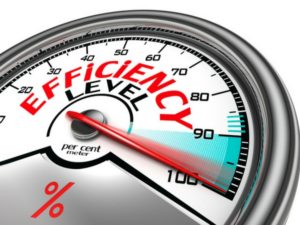
Today, new air conditioners must have at least a 13 SEER rating.
Compared with the older 9 SEER units, simply upgrading to the federal minimum can result in a 30% reduction in the cost of running your AC. [1]
However, there are much higher SEER units available, and they can result in significant savings.
For example, an 18.5 SEER unit will result in an additional 30% savings in AC costs compared with a 13 SEER.[4]
4. Don't buy an oversized AC
Officials note that about 33% of U.S. homes have a too-big air conditioner for the space, often due to contractors taking short-cuts and overestimating either what you need or what your ducts can handle. [2]
When an air conditioner is oversized, the unit doesn't have to run as long to get the thermostat down to the desired temperature. And while this may sound good at first blush, it's actually a big problem when it comes to removing the humidity.
This is because with shorter cycles, too little of the home's moist air is pulled through the system to have its humidity removed. This results in uncomfortably sticky, poorly conditioned air. [5]
Of course, if you work with a quality contractor, who conducts a thorough assessment, you won't have this problem with your new unit.
As with finding the right-sized air conditioner, deciding on the best AC system for your home starts with a comprehensive assessment performed by an experienced and skilled technician.
Contact us online here or give us a call now at (727) 392-6111, and let Air Zero's skilled technicians provide you with a FREE estimate.
Resources
[1] http://edis.ifas.ufl.edu/fy1026 [2] http://homeenergysaver.lbl.gov/consumer/help-popup/content/%consumer%nrr%air-conditioner [3] https://www.eia.gov/electricity/monthly/epm_table_grapher.cfm?t=epmt_5_6_a [4] https://www.energystar.gov/index.cfm?c=most_efficient.me_cac_ashp [5] https://www.energystar.gov/ia/products/heat_cool/RightSizedAC1-17-01.pdfSubscribe to Air Zero's Blog



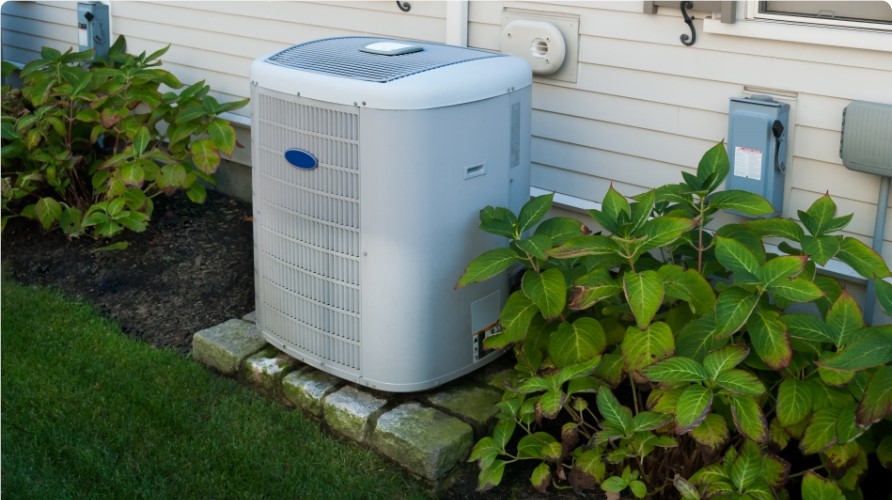
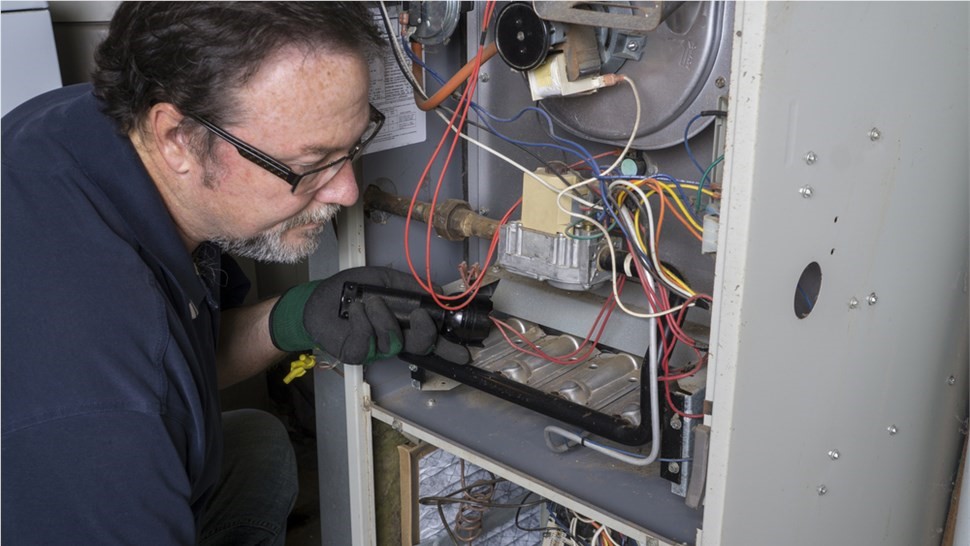
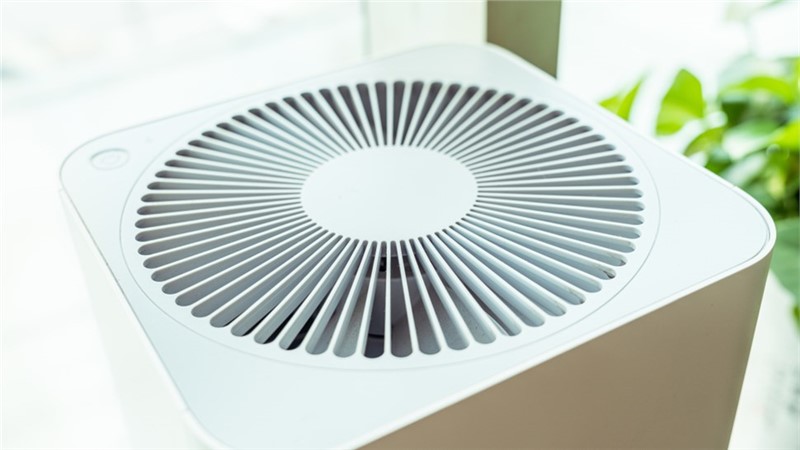
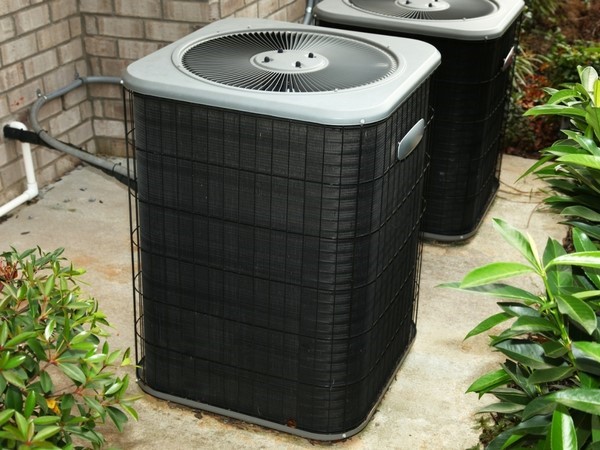
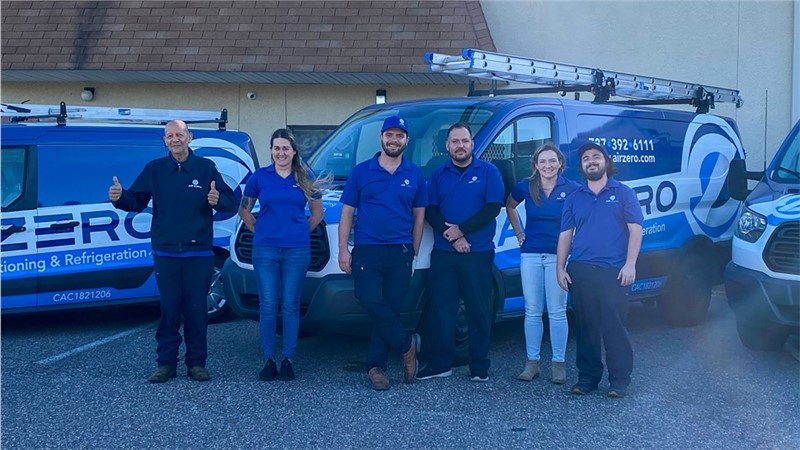

Comments